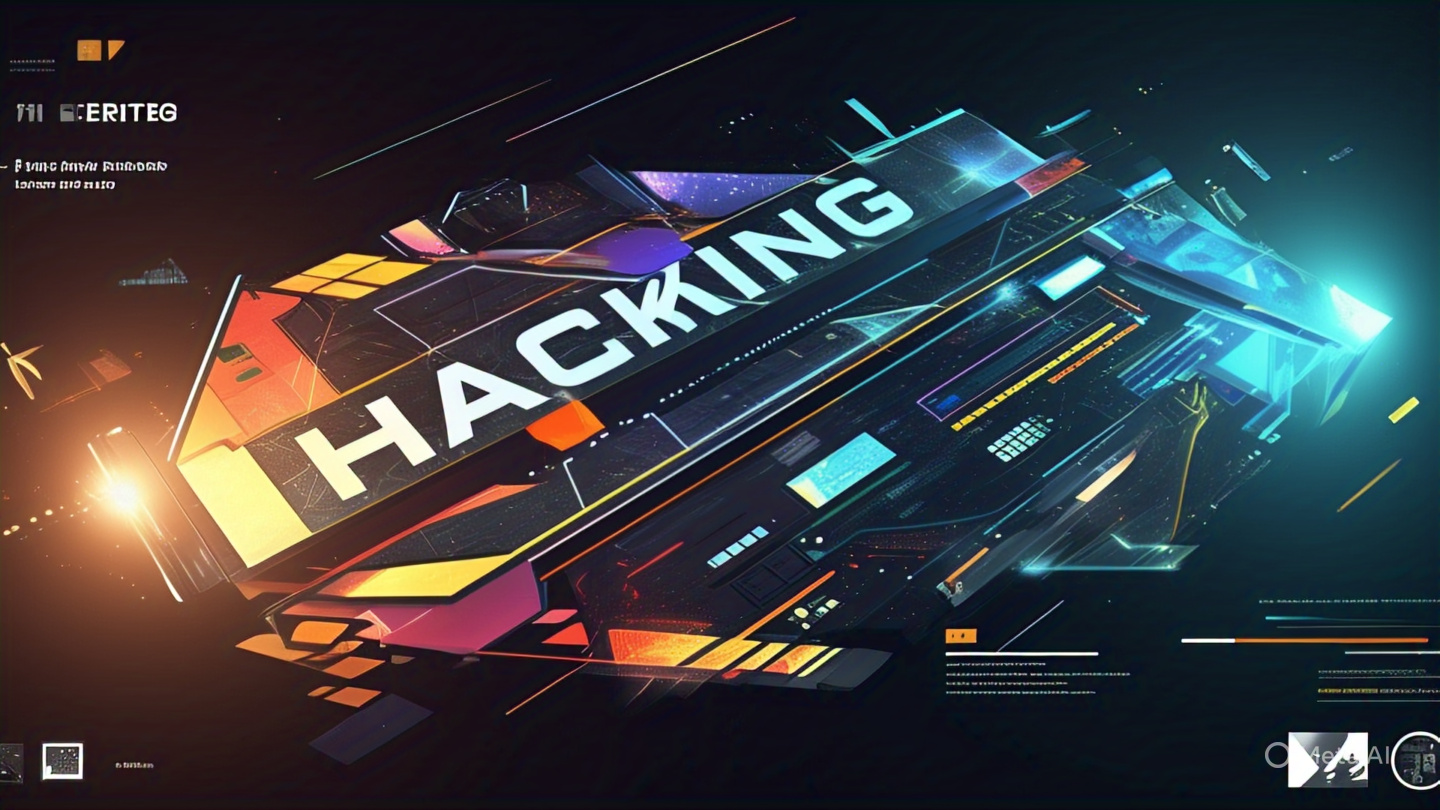
Exploring the World of Ethical Hacking: A Novice’s Guide
In this digital age, ethical hacking has become a crucial part of the cybersecurity landscape. Contrary to the nefarious connotations of the term ‘hacking’, ethical hacking serves as a legal and beneficial practice aimed at identifying and rectifying vulnerabilities in a system. This article will guide beginners through the process of ethical hacking using open-source tools, helping you to become a proactive player in the cybersecurity field.
Understanding Ethical Hacking
Ethical hacking, also known as ‘white hat’ hacking, involves the legal and authorized act of breaching systems to discover potential vulnerabilities. Ethical hackers use the same techniques as malicious hackers, but their actions are intended to improve security rather than exploit it.
Open-source tools play a critical role in ethical hacking. They provide accessibility, transparency, and flexibility, helping ethical hackers to perform their duties more efficiently. Let’s delve into some of the most popular open-source tools for ethical hacking.
List of Essential Open-Source Tools for Ethical Hacking
Several open-source tools have gained favor in the ethical hacking community due to their versatility and efficiency. Here are some key tools that every aspiring ethical hacker should become familiar with:
- Wireshark: A network protocol analyzer that allows users to inspect network traffic in detail.
- Metasploit: A penetration testing framework that automates the process of exploiting vulnerabilities.
- Nmap: A security scanner utilized for network discovery and security auditing.
- John the Ripper: A password cracking tool that is popular for its speed and versatility.
- SQLmap: An open-source tool that automates the process of detecting and exploiting SQL injection flaws.
How to Start Ethical Hacking with Open-Source Tools
Now that we’ve introduced some essential tools, let’s discuss how beginners can start their journey in ethical hacking using these open-source tools.
Acquiring Necessary Knowledge
The first step towards becoming an ethical hacker is to acquire the necessary knowledge base. This includes understanding computer systems, networks, and programming languages. You should also familiarize yourself with various operating systems, particularly Linux, as it is widely used in the cybersecurity field.
Learning How to Use Open-Source Tools
Once you have the necessary knowledge, you can start learning how to use open-source tools. Each tool has its own set of commands and features, so it’s important to study each one individually. You can find many tutorials and guides online that will help you grasp the basics of these tools.
Practicing Your Skills
Practice is key in ethical hacking. Try setting up your own virtual network for testing purposes, or use platforms like Hack The Box, which provide a safe and legal environment to practice your ethical hacking skills.
Conclusion
Ethical hacking is a challenging yet rewarding field that plays a crucial role in maintaining cybersecurity. Open-source tools are an invaluable asset in this field, providing the flexibility and accessibility that ethical hackers need to perform their duties. As a beginner, it’s essential to familiarize yourself with these tools and practice using them regularly. Remember, the journey of becoming an ethical hacker is one of continuous learning and practicing, so stay curious and keep exploring.